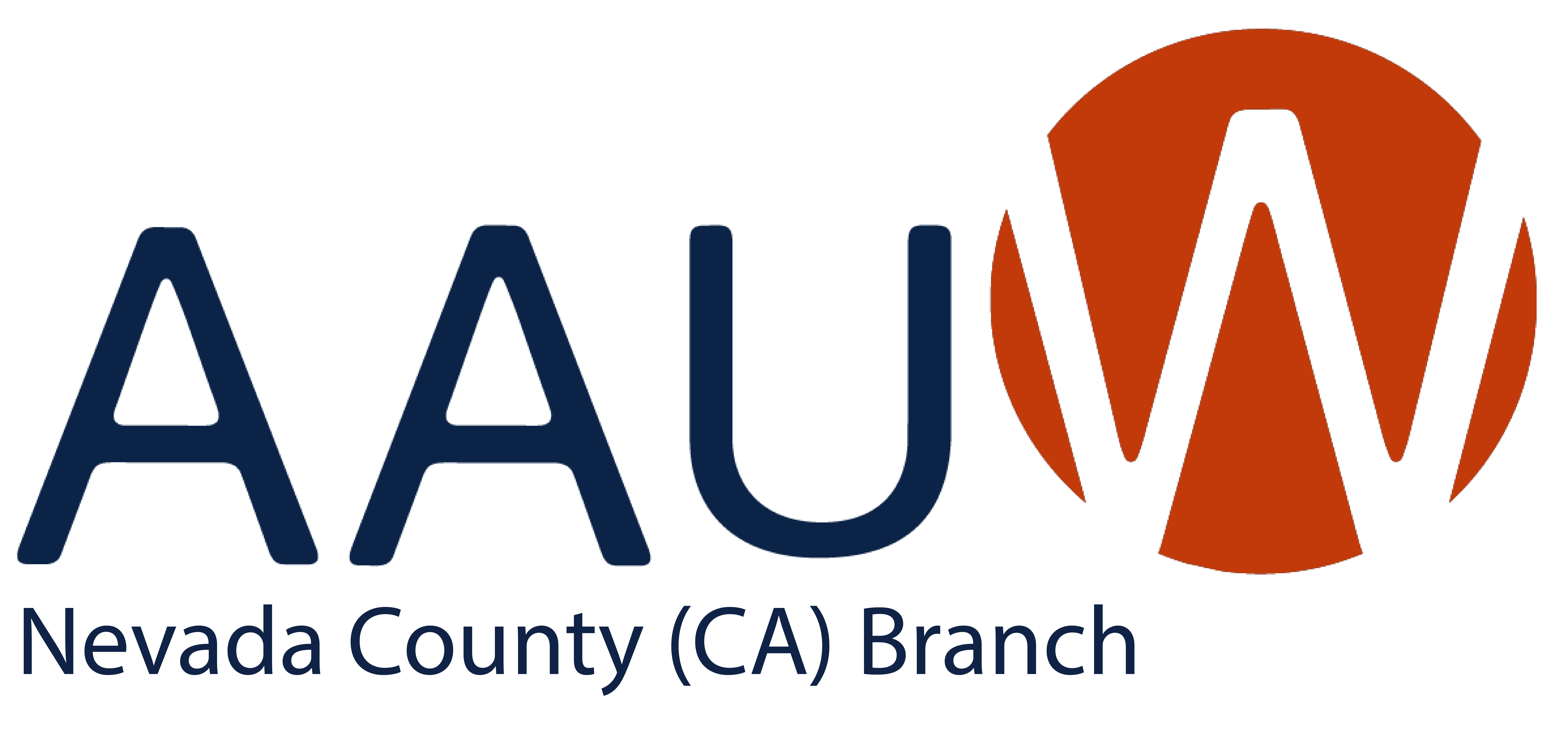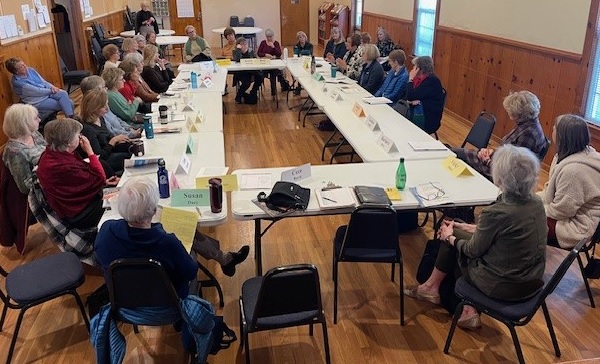Great Decisions is America’s largest discussion program on world affairs. It’s sponsored by the Foreign Policy Association which was founded in 1918. The 8-session program involves reading the Great Decisions briefing book provided by the Foreign Policy Association, usually 10 pages per session, then meeting in a group of 25 to 30 members on average to watch a 25-minute video, followed by an interactive discussion about critical global issues facing America today.
We cover one chapter per meeting. Our eight meetings this year start January 2026 and are held every 4th Tuesday at the Emmanuel Episcopal Church, 235 South Church Street, Grass Valley, from 10:00 AM to noon. The cost for the workbook, video and room rental will be $46 per person for the season. If you order your own book or use eBooks, the price is adjusted. We may not be able to solve the world’s problems, but we leave our meetings feeling smarter and more engaged with the world.
Please contact Susie Monary-Wilson at 530–470-9272 or by email: monarywilson@msn.com for more information.
Discussion Guidelines
- Listen respectfully, without interrupting.
- Listen actively and with an ear to understanding others’ views.
- Question to clarify rather than criticize.
- Commit to learning, not debating.
- Avoid speculation, and inflammatory language.
- Allow everyone the chance to speak.
Great Decisions 2026 Topics
- America and the World: Trump 2.0 Foreign Policy
Trump’s return has marked a break from 80 years of U.S. foreign policy leadership, embracing an “America First” approach. This chapter explores the risks of isolation and diminished influence in relation to Trump 2.0 foreign policy. By G. John Ikenberry - Trump Tariffs and the Future of the World Economy
Trump’s aggressive trade and tariff policies have shaken global economic norms. What’s the rationale behind this radical shift in economic policy, and what are the implications for multilateral trade and geopolitics? By Michael Mastanduno - U.S.-China Relations
Relations with China remain tense, with tariffs, military modernization, and pressure on Taiwan. Does Trump have a coherent China policy, and will his tariffs on Rare Earth minerals be effective? What are America’s strategic options? By Oriana Mastro - Ruptured Alliances and the Risk of Nuclear Proliferation
U.S. alliance skepticism may drive countries like Japan and South Korea to reconsider nuclear options. What are the implications of the Trump administration’s rethinking of the U.S. alliance system for regional and global security? Will this new uncertainty alter the way allies and rivals in various regions make decisions about security and nuclear weapons?By Gideon Rose - Ukraine and the Future of European Security
With reduced U.S. support for NATO and Ukraine, Europe faces strategic uncertainty. The Trump administration has signaled an intention to reduce its security role in Europe. What are America’s stakes in NATO and Europe’s strategic dilemmas, and how might Europe respond? By Thomas Wright - Multilateral Institutions in a Changing World Order
Can multilateralism survive amid shifting global power and rising nationalism? This chapter examines the future of global cooperation across trade, health, and finance.By Scott Bessent (SUBJECT TO CHANGE) - U.S. Engagement of Africa
Africa’s geopolitical role is growing. What lessons can the U.S. learn from China’s presence there, and how might it strengthen ties, especially with leading nations like Nigeria? What tools of statecraft might the U.S. bring to its engagement with Africa?By Jendayi E. Frazer - The Future of Human Rights and International Law
As democracy and human rights retreat globally—and the U.S. pulls back—how can civil society and legal norms remain effective in a divided world? What is the role and force of international law in this era of impunity? By Jose Enrique Alvarez
January 2024, first meeting of the year; topic: “Mideast realignment”


